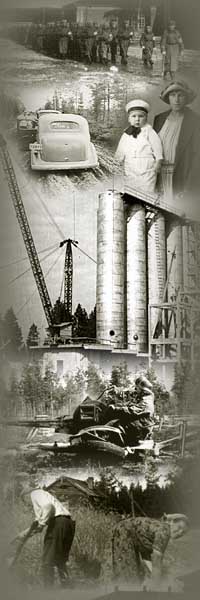 |
 |
|
Summary:
Tuula Okkonen, Mystery of the Report of the
United States Education Mission to Japan
The invitation of the United States Education Mission to Japan in 1946 was a turning point and can
be considered an excellent initiative and a catalyst of controlled public discussion on educational
policy in occupied Japan. It is evident that the Mission was not needed to improve the expertise
of the occupation officials. The Mission delivered the report of recommendations concerning
the educational reform at the end of its visit, and this anticipated and warmly welcomed report
became the initial move and actual core for the new wave of educational reform policy aiming
at demilitarization and democratization of the educational system. The report also smoothed the
lines in the Civil Information and Education Section.
The features of the report indicate that it cannot be considered an independent work of the
group of American educators. It is noted that the anonymity of the writer(s) was not known by the
Japanese. All the members of Mission were not informed of the contents of the report in Tokyo,
and after the trip some members testified that differences of opinion concerning the reforms
were significant. Inner circle of the group consisted of the representatives of the Department
of State Gordon Bowles and Paul Stewart and the Army liaison was John Andrews. They, and
especially Bowles, were responsible for the report of the Mission.
Faravid
32/2008
|
 |